Performing for the first time in Vietnam, what impressed artist Suzuki Ryutaro the most was the positive energy coming from the country and people of Vietnam. Sharing with TG&VN, the promising Japanese piano talent said that it is the closeness in values that helps the two countries understand each other in many aspects of art, including classical music.
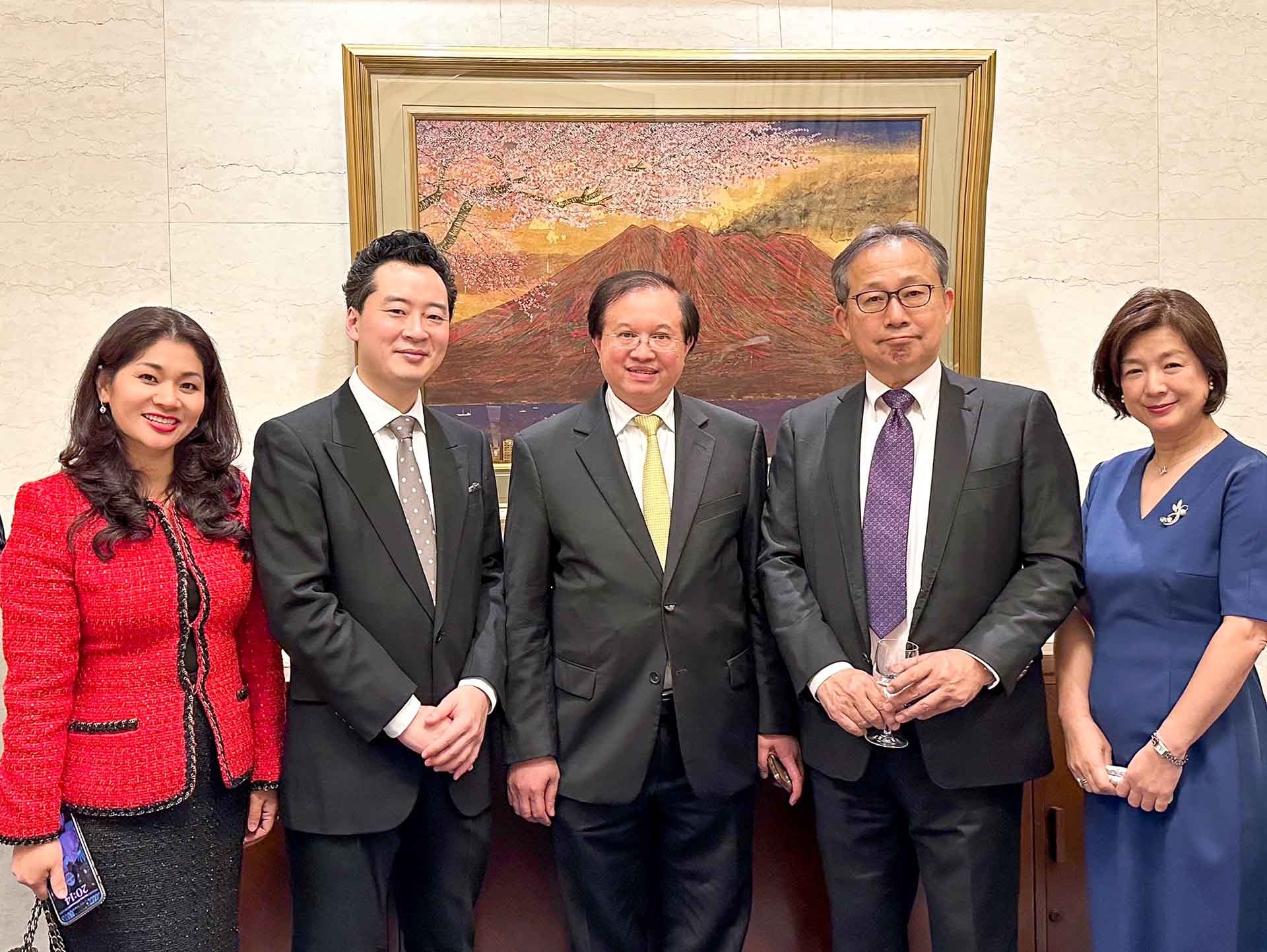 |
| Artist Suzuki Ryutaro takes a photo with Deputy Minister of Culture, Sports and Tourism Ta Quang Dong and Japanese Ambassador to Vietnam Yamada Takio during a performance in Hanoi in February 2024. (Source: ICD) |
Every talented artist has their own path to a music career, what about your journey?
In 2008, I came from Japan to France to study under masters such as Bruno Rigutto, Hortense Cartier-Bresson, Michel Beroff and Michel Dalberto at the Paris Conservatoire.
Then I studied with artist Eliso Virsaladze in Italy and started my professional career until now.
During this time, I regularly received advice from world-renowned pianists such as Murray Perahia and Stephen Kovacevich.
To date, I have performed at music festivals such as Sommets-Musicaux de Gstaad and Festival Chopin in Paris, with orchestras such as the Tokyo Symphony Orchestra, the National Symphony Orchestra of Colombia, the Odessa National Symphony Orchestra, the Louisiana Symphony Orchestra, the Valencia Orchestra...
Last year, I released my third CD. I am mainly active in France and have toured internationally in Japan, European countries, Asia and South America.
Besides, I also teach young students in advanced classes at Kazakhstan National University of Arts, Kyrgyzstan National Central Conservatory, Los Andes University in Colombia...
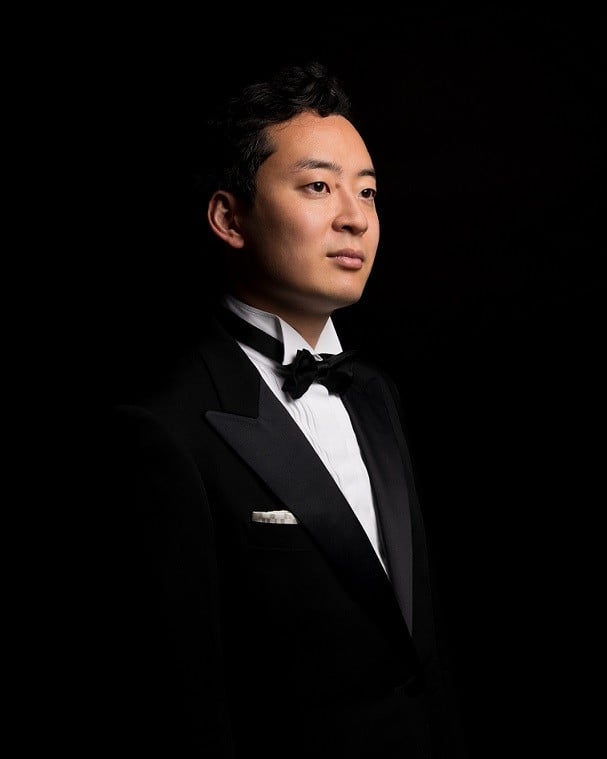 |
| Pianist Suzuki Ryutaro. (Photo: NVCC) |
What was your special impression when you first came to Vietnam?
What impressed me most was the positive energy of the people and the city, the locals were extremely friendly and the food was delicious.
For the concert in Vietnam, although many people are not familiar with classical music, they listened attentively from beginning to end and naturally felt the beauty of the music, so the artists were also able to perform with a very comfortable mindset.
As a performer, that makes me very happy.
As the Artistic Director of the “Japanese Classical Music Collection” Project, can you introduce the project so that interested people can better understand the classical music life in the land of cherry blossoms?
With the theme of “Classical Music with a Japanese Touch,” this project brings together cultural figures, artists, and their patrons from around the world to Japan, aiming to revitalize the Japanese and local arts and culture industries.
In 2023, in our first program, we will host a seamless series of events including concerts, dinners, cultural experiences and social cocktail parties at temples in Kamakura and Kyoto.
Although the concert was held in the main hall of a historic temple, all the performances were French music, the dinner was Italian, and the cultural experience was Japanese incense.
We demonstrated a globalized world through a unique experience that can only be found in Japan, so the event received a lot of attention, especially from the media.
From a personal perspective as an artist, I am delighted to be performing with Michel Dalberto - a representative French pianist and one of my teachers, in a public performance.
Within the framework of the project, performances in Kyoto, Nikko and Kamakura are scheduled to be held in October and November this year. In the future, I see this project being able to be deployed in many places around the world.
Vietnam and Japan are increasingly cooperating in many fields, including cultural and artistic exchanges. What do you think about the opportunities for sharing and exchanging classical music between the two countries?
Artist Ryutaro Suzuki was born in Kamakura, began his career at the age of 9 in Japan and then moved to Paris in 2008 to study at the Paris Conservatoire. He has received numerous awards in international piano competitions: First Prize at the 17th Ile-de-France International Piano Competition, Second Prize at the 6th International Piano Competition in Memory of Emil Gilels, Maurice Ravel Prize at the Ravel International Academy, two Special Prizes at the 6th Tbilisi International Piano Competition and Best Interpretation of Spanish Music at the 27th Ciudad de Ferrol International Piano Competition. In 2021, he received the Third Prize and the Beethoven Prize at the 21st José Iturbi International Piano Competition. |
I understand that Vietnam and Japan have some great similarities stemming from many ancient connections.
One of those similarities is maintaining “a certain balance between freedom and discipline” and “not sparing the effort to hone one's skills if necessary.”
This argument plays a very important role in the development of classical music in Vietnam and Japan, a genre of music that originated in the West but has become a part of global culture.
The reason is that the process of learning classical music requires not only talent and artistic inspiration, but also the acquisition of basic techniques and theories, daily efforts and the balance of the above factors are very important. The national characteristics of the two countries are similar in this aspect.
Besides, the artistic exchange activities, especially in the field of classical music, between the two East Asian countries of Japan and Vietnam are of great significance, becoming a symbol of the intersection between globalization and tradition.
One of the reasons why classical music developed in the West in the past was because composers from the time of Mozart and Schubert used the national melodies of Eastern Europe and Türkiye, which were considered “new” at that time. Later, composers such as Dvořák, Grieg, Albéniz, Chopin expressed the melodies and rhythms of their countries in the classical style and were well received by the public.
Of course, these composers are just a few examples. In fact, most classical music has elements of “folk melodies or rhythms”. These pieces are performed by people of different nationalities. It is a synthesis of globalization and tradition.
The East Asian region - where classical music was introduced from the late 19th to early 20th centuries - tended to absorb the theoretical and methodological aspects of classical music, as well as emphasize the performance of Western works, but there were still a few artists who introduced "national melodies and rhythms" into classical music works as mentioned above.
For example, Hisatada Otaka’s “Japanese Suite” (composed in 1936) which I performed during my recent tour of Vietnam. In addition, the opera “Princess Anio” co-produced by Japan and Vietnam in 2023 can be considered a further development of this style of composition.
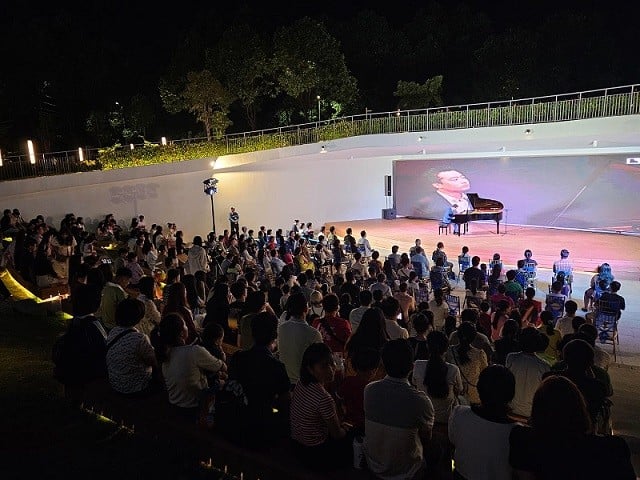 |
| A performance by pianist Suzuki Ryutaro. (Photo: NVCC) |
In the future, we enter an era where Japanese and Vietnamese traditions and values spread throughout the world through the universal genre and compositional techniques of classical music.
I think that the two countries are close in values so they can understand each other in many artistic aspects.
So after the first trip, do you plan to return to Vietnam?
I don’t have any specific plans at the moment, but this visit has been such a wonderful experience that I would like to return to Vietnam soon and perform. I have only visited a few places so I am looking forward to my next visit.
Thank you very much artist!
Source


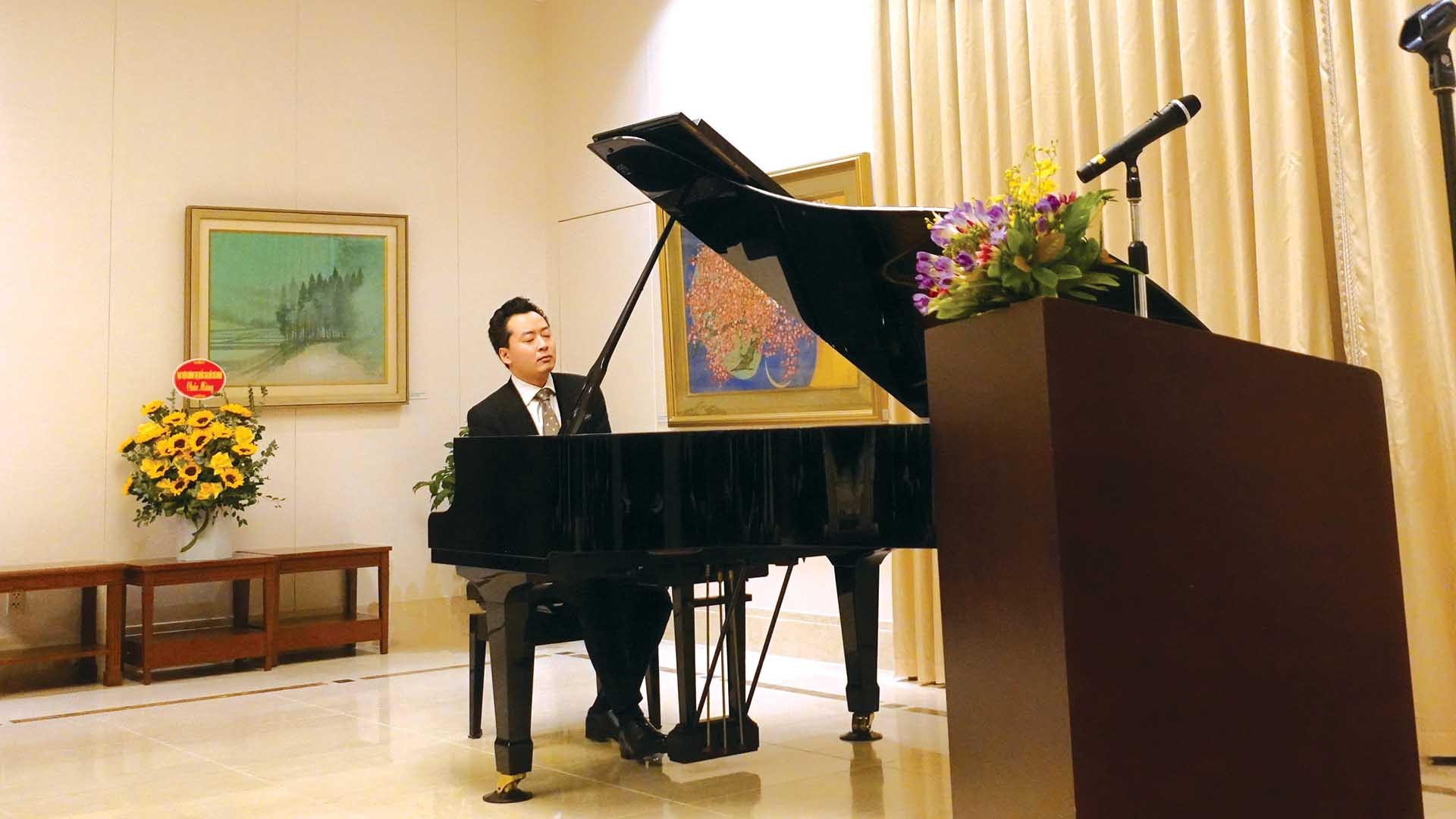
![[Photo] General Secretary To Lam receives Russian Ambassador to Vietnam](https://vstatic.vietnam.vn/vietnam/resource/IMAGE/2025/4/2/b486192404d54058b15165174ea36c4e)

![[Photo] Comrade Khamtay Siphandone - a leader who contributed to fostering Vietnam-Laos relations](https://vstatic.vietnam.vn/vietnam/resource/IMAGE/2025/4/3/3d83ed2d26e2426fabd41862661dfff2)
![[Photo] Prime Minister Pham Minh Chinh receives CEO of Standard Chartered Group](https://vstatic.vietnam.vn/vietnam/resource/IMAGE/2025/4/2/125507ba412d4ebfb091fa7ddb936b3b)
![[Photo] Prime Minister Pham Minh Chinh receives Deputy Prime Minister of the Republic of Belarus Anatoly Sivak](https://vstatic.vietnam.vn/vietnam/resource/IMAGE/2025/4/2/79cdb685820a45868602e2fa576977a0)



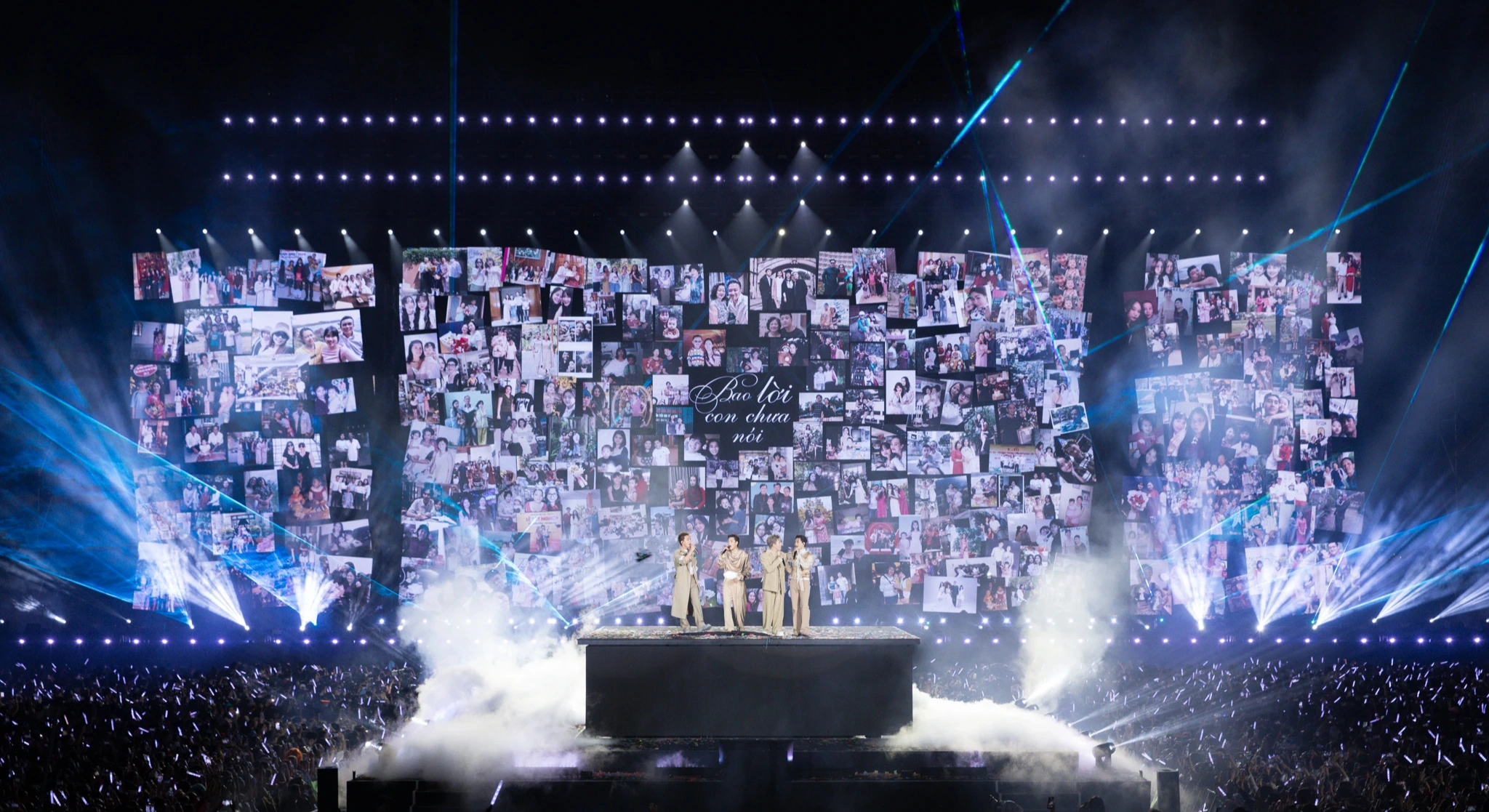

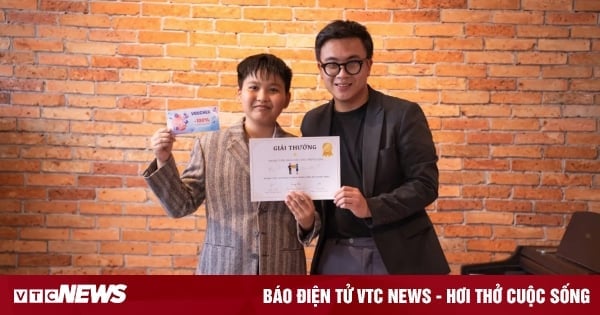

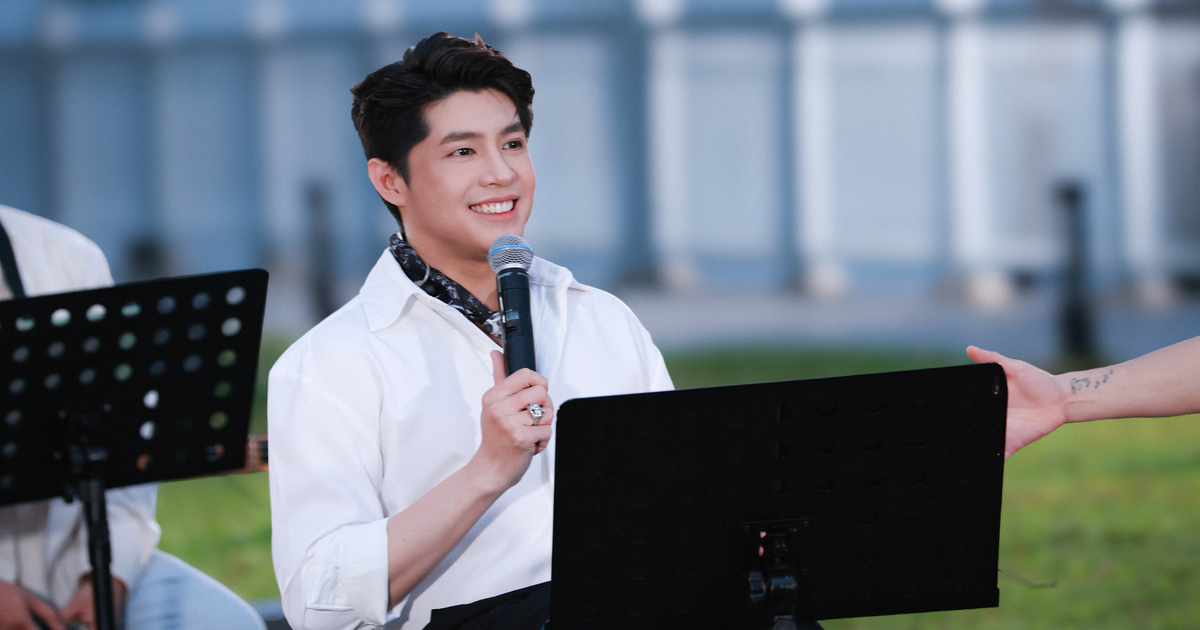
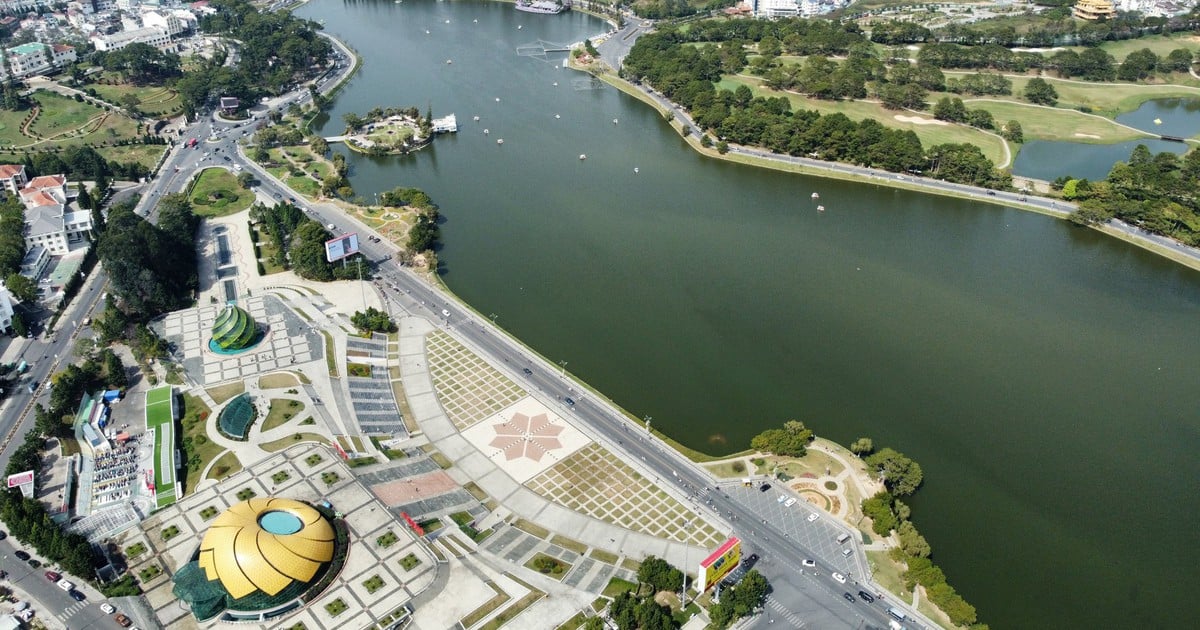
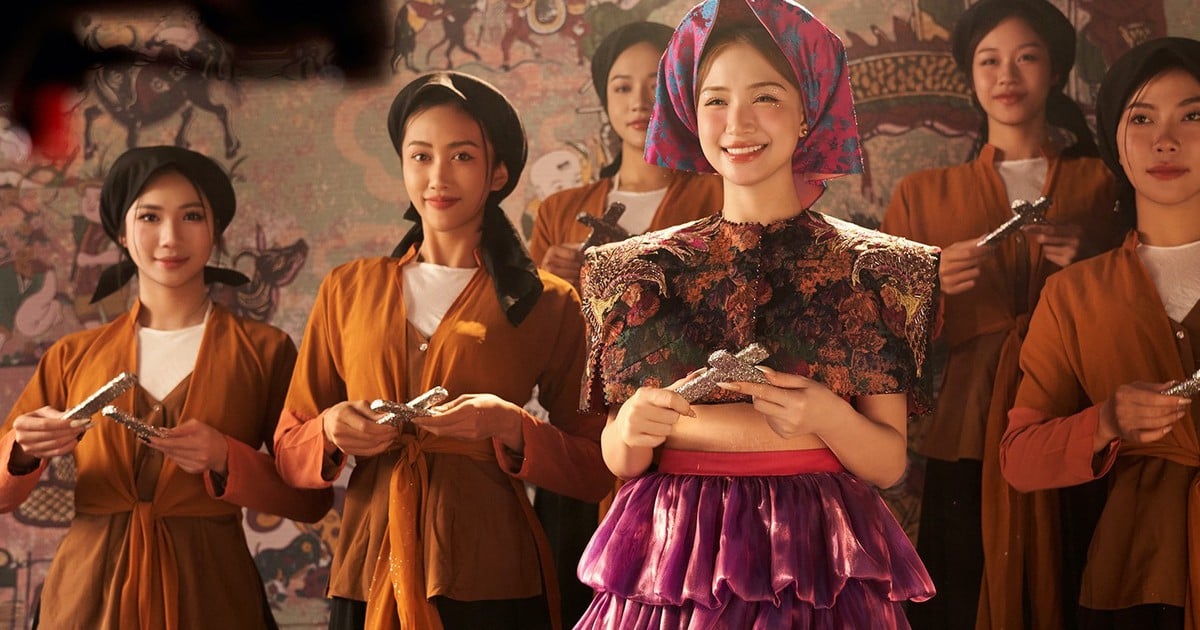
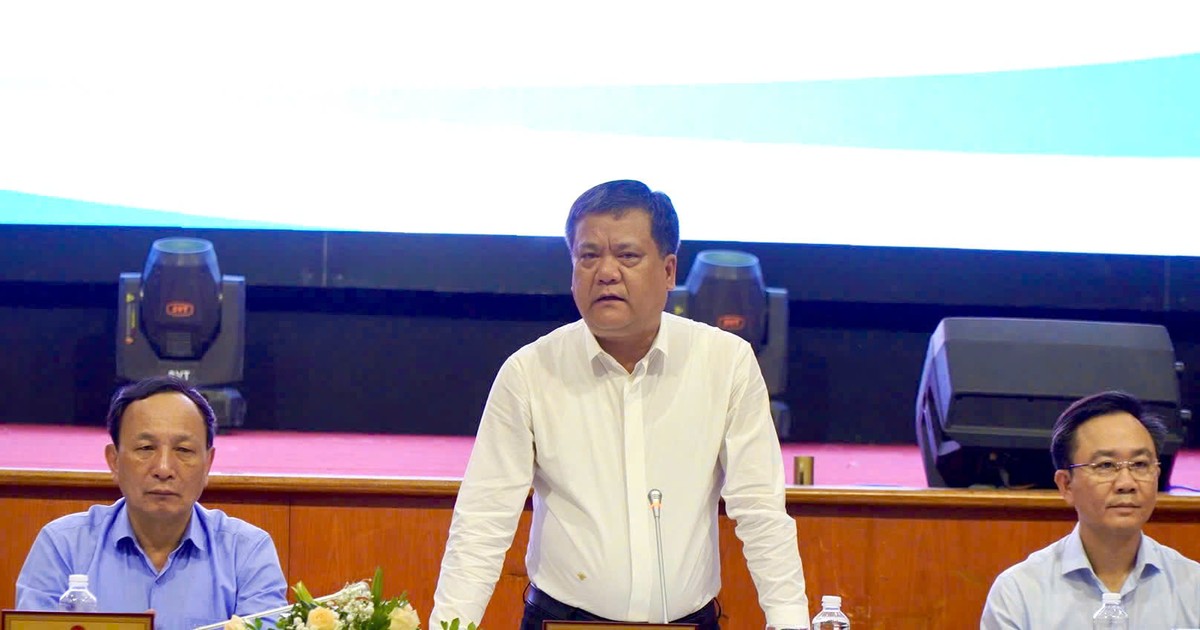
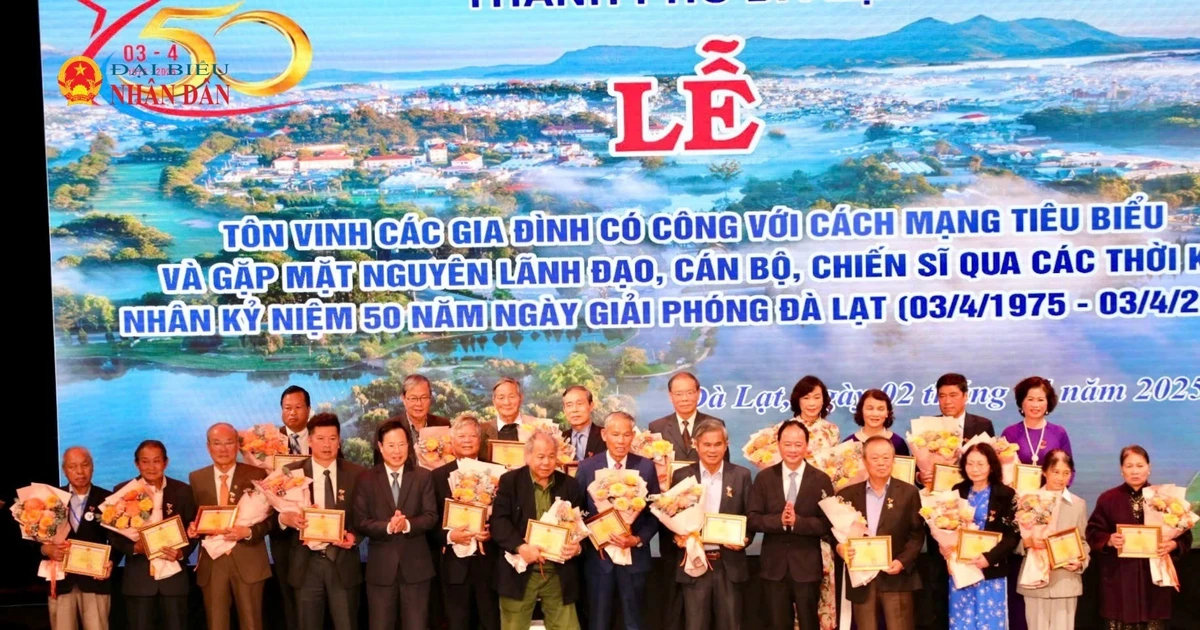
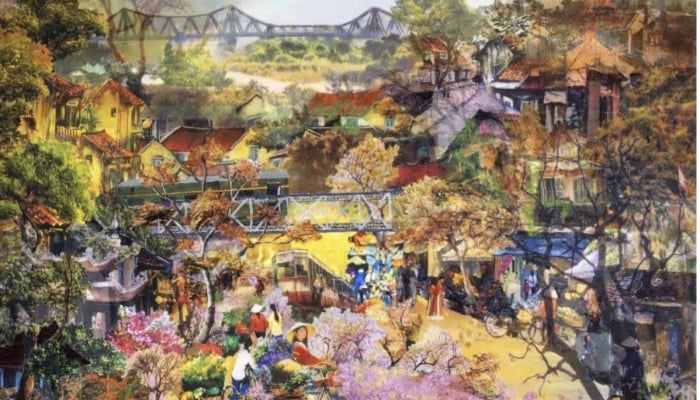
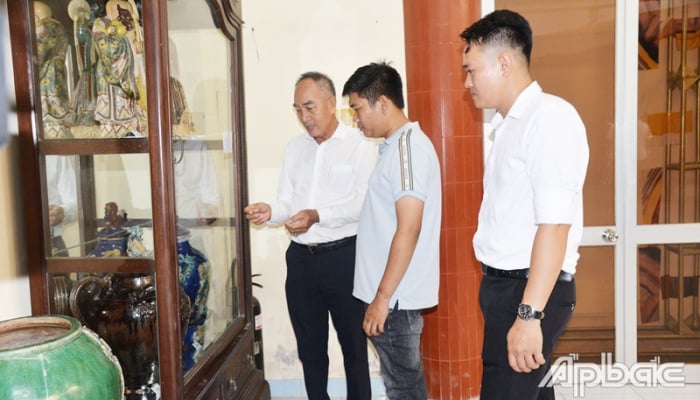
![[Video] Award ceremony of the contest "Denmark in your eyes 2024"](https://vstatic.vietnam.vn/vietnam/resource/IMAGE/2025/4/2/5204aa8890024b2e932f28393f139f27)





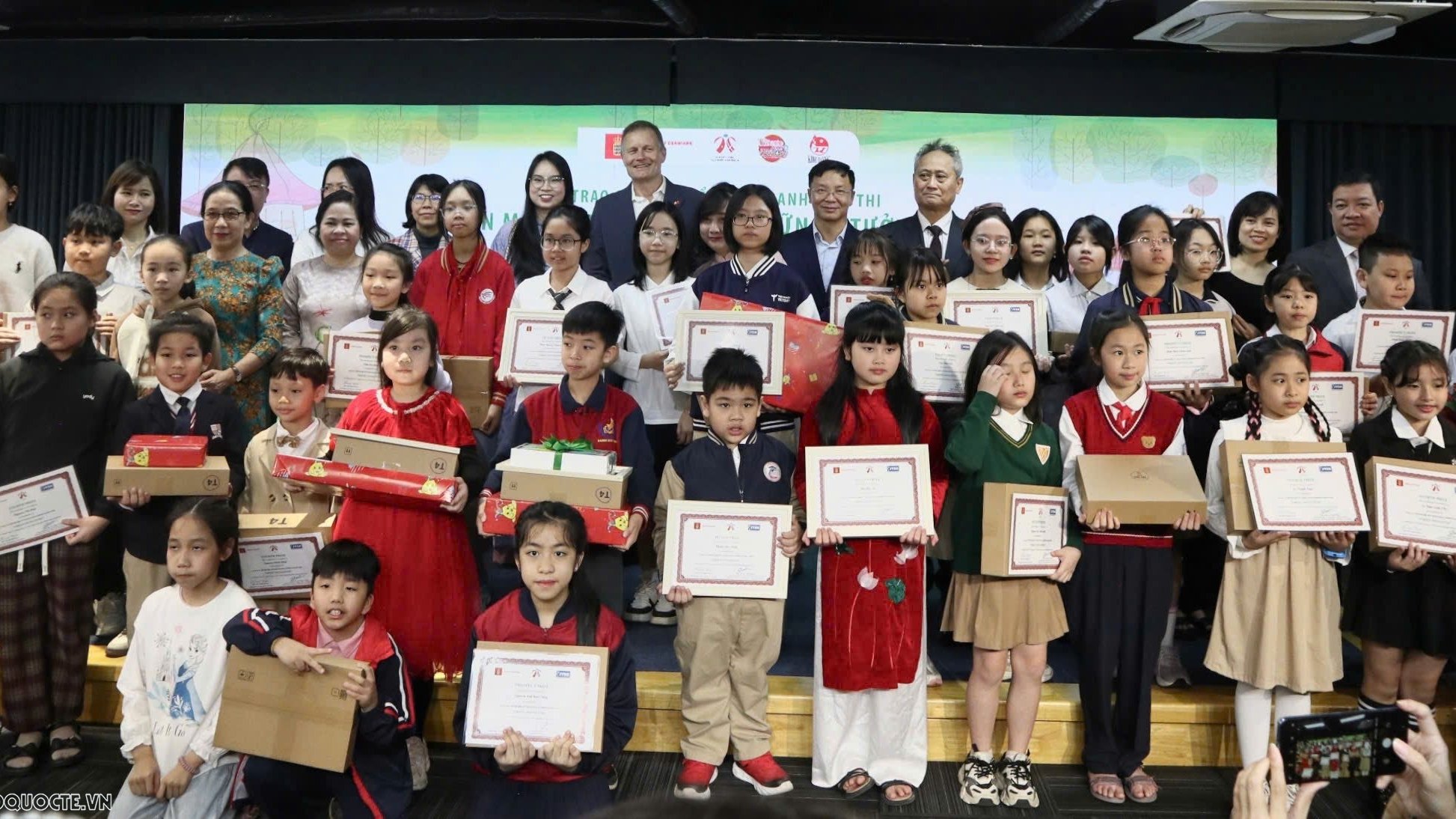
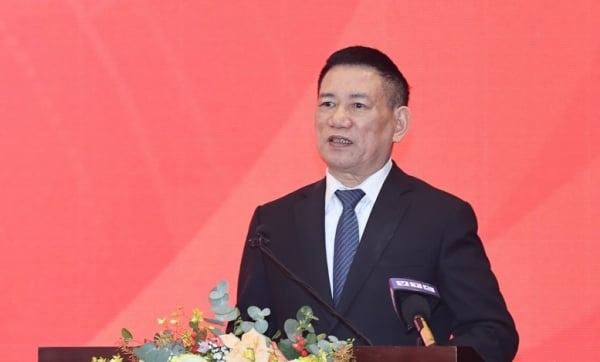
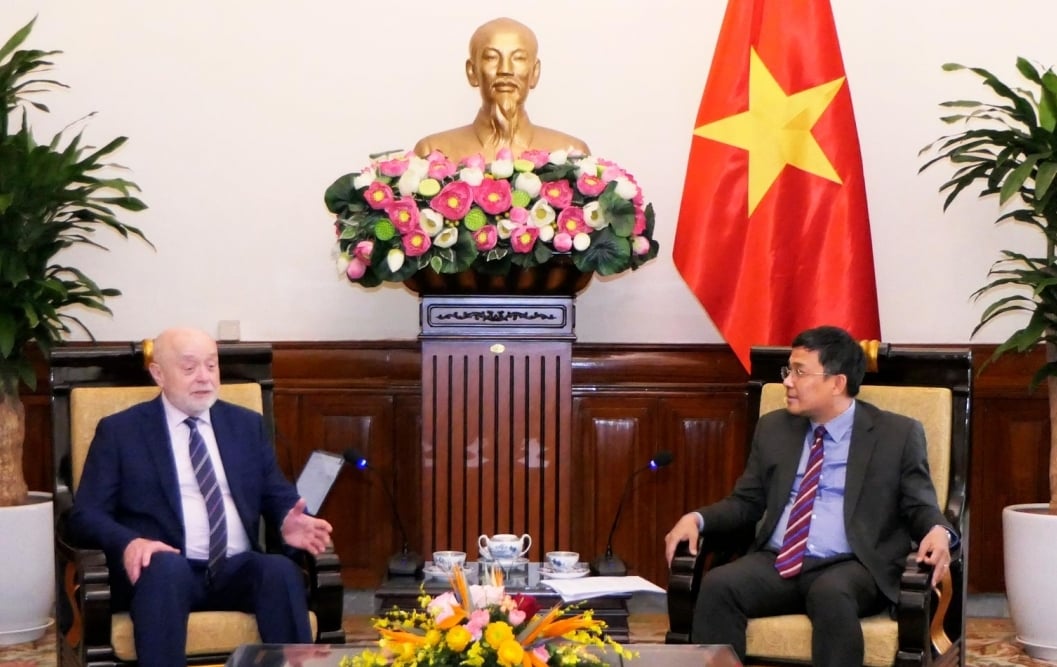
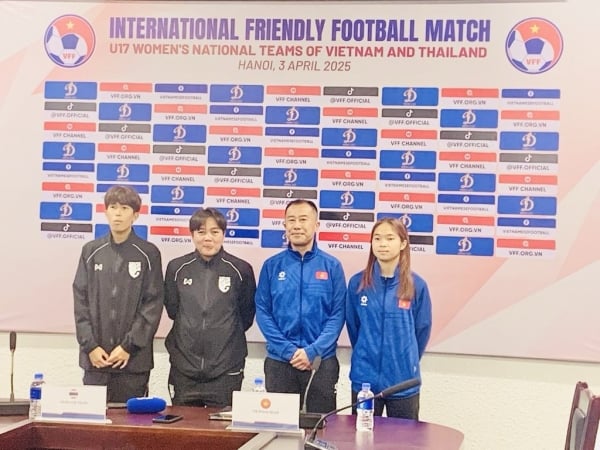
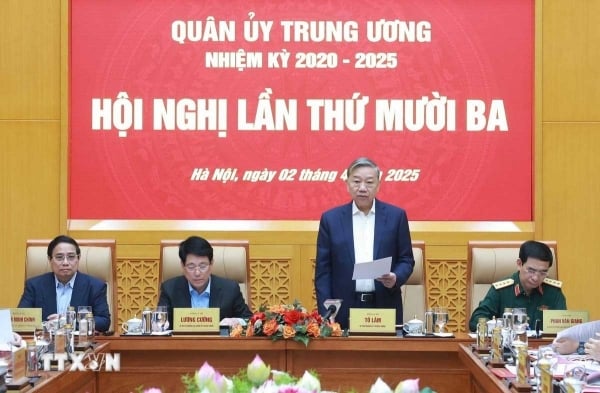















































![[Podcast] News on March 26, 2025](https://vstatic.vietnam.vn/vietnam/resource/IMAGE/2025/4/3/c3d9c3c48b624fd9af79c13ff9e5c97a)

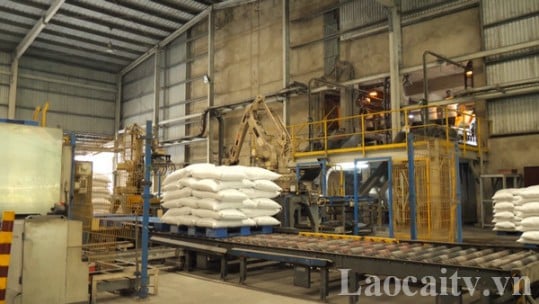
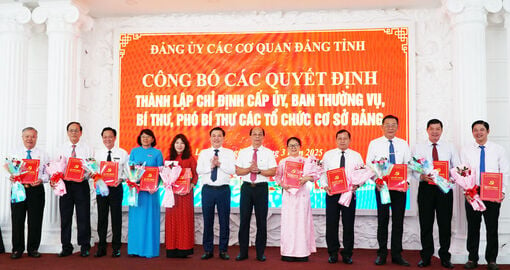
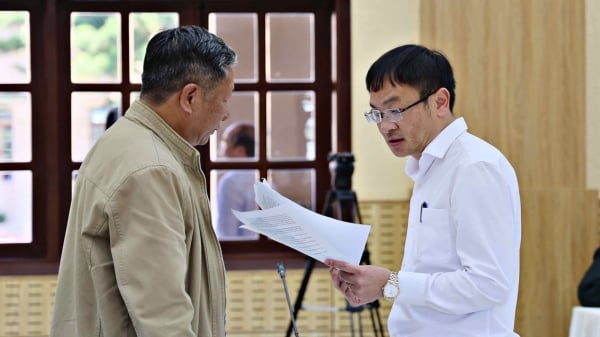
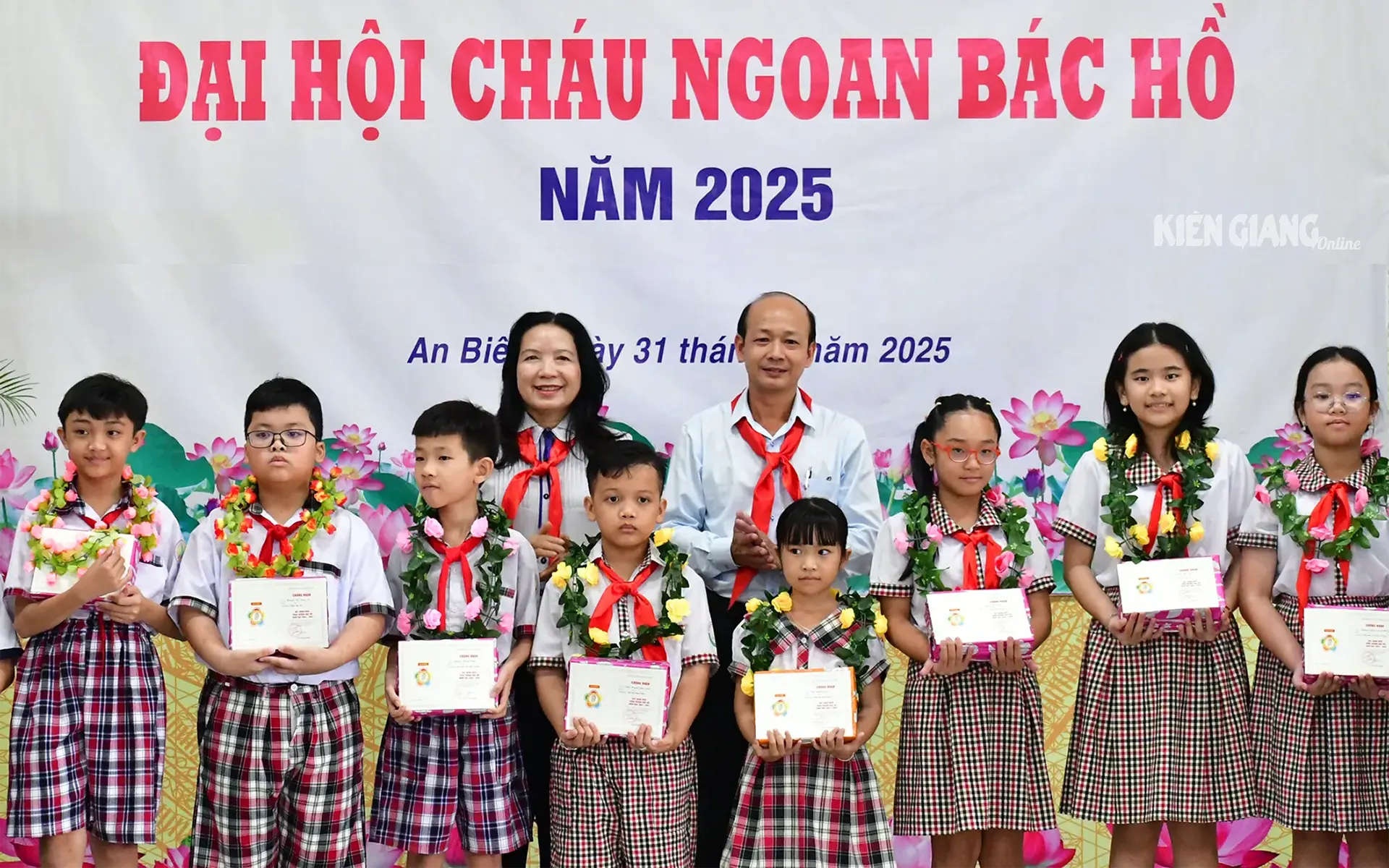
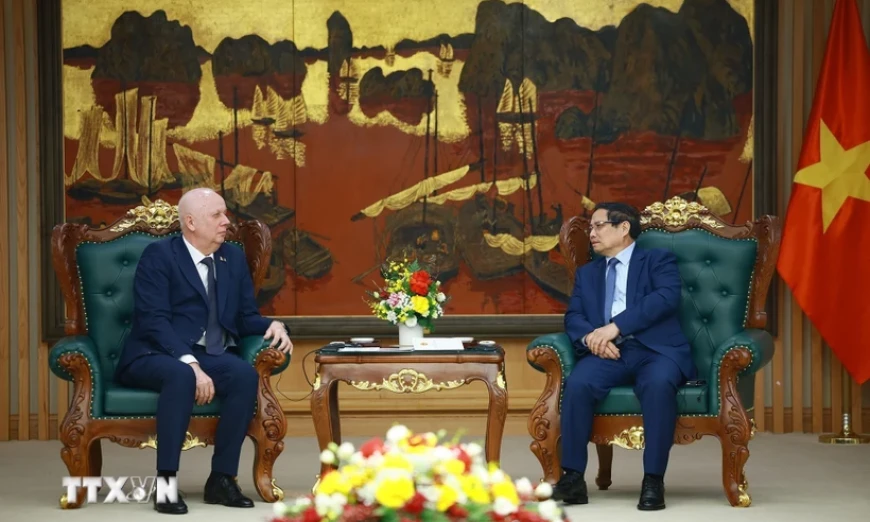












Comment (0)